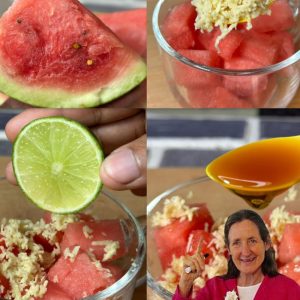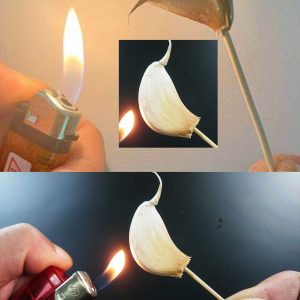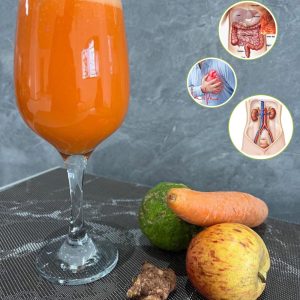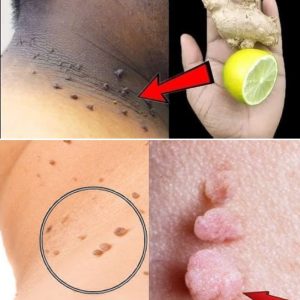Before you add turmeric to your shopping cart, it’s important to understand why this vibrant spice is a must-have in your pantry and what to look for to ensure you’re getting the best quality. Turmeric, known for its potent anti-inflammatory and antioxidant properties, offers numerous health benefits, but not all turmeric is created equal. Here’s what you need to know to make an informed decision.
The Benefits of Turmeric
- Anti-inflammatory Properties: Curcumin, the active compound in turmeric, is highly anti-inflammatory. It can rival the effectiveness of some anti-inflammatory drugs, without the side effects.
- Antioxidant Capacity: Turmeric is also a powerful antioxidant that can neutralize free radicals due to its chemical structure. Additionally, it boosts the body’s own antioxidant enzymes.
- Brain Health: Curcumin can increase the levels of brain-derived neurotrophic factor (BDNF), a gene involved in making proteins responsible for promoting the life of neurons. This can be effective against various degenerative processes in your brain.
- Heart Health: Turmeric improves the function of the endothelium, the lining of your blood vessels, which regulates blood pressure, blood clotting, and various other factors.
- Cancer Prevention: Curcumin has been studied for its potential to reduce the spread of cancer and inhibit the growth of tumors.
What to Look For When Buying Turmeric
- Organic Certification: Opt for organic turmeric to avoid pesticides and chemicals. Organic spices are grown without synthetic pesticides or harmful chemicals.
- Curcumin Content: Not all turmeric powders have the same amount of curcumin. Look for brands that specify the percentage of curcumin, which should ideally be between 2-6%.
- Source: The origin of turmeric can affect its quality. Indian turmeric, particularly from regions known for spice cultivation, is generally considered high-quality.
- Processing Method: Choose turmeric that has been minimally processed. Avoid brands that use excessive processing techniques, which can strip away essential oils and reduce curcumin content.
- Certifications: Look for additional certifications like non-GMO, gluten-free, or certifications that ensure fair trade practices.
How to Use Turmeric Effectively
- Pair with Black Pepper: Black pepper contains piperine, a natural substance that enhances the absorption of curcumin by 2,000%. Always pair turmeric with black pepper to maximize its benefits.
- Fat Soluble: Turmeric is fat-soluble, so it is best absorbed into the bloodstream when consumed with fats like oils or avocados.
- Heat: Activating turmeric with heat can help unleash its full potential. Consider cooking it lightly or brewing it as tea.
Before you buy turmeric, consider these points to ensure you’re choosing a product that offers the best health benefits. Turmeric can be a powerful addition to your diet, but quality matters immensely.





